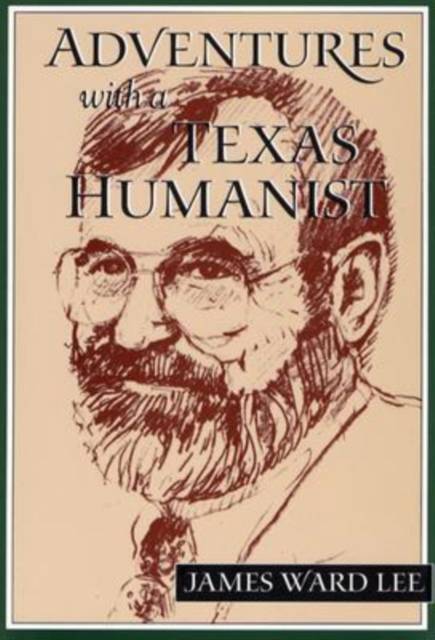
Door een staking bij bpost kan je online bestelling op dit moment iets langer onderweg zijn dan voorzien. Dringend iets nodig? Onze winkels ontvangen jou met open armen!
- Afhalen na 1 uur in een winkel met voorraad
- Gratis thuislevering in België vanaf € 30
- Ruim aanbod met 7 miljoen producten
Door een staking bij bpost kan je online bestelling op dit moment iets langer onderweg zijn dan voorzien. Dringend iets nodig? Onze winkels ontvangen jou met open armen!
- Afhalen na 1 uur in een winkel met voorraad
- Gratis thuislevering in België vanaf € 30
- Ruim aanbod met 7 miljoen producten
Zoeken
Omschrijving
For the first half of the twentieth century, Texas literature, culture, and folklore were dominated by J. Frank Dobie, the man Lon Tinkle called "Mr. Texas." Dobie's Texas was a land of exuberance and romance, a time when Texas was proud of itself and not loath to let the world know it. But the culture of the state changed in the 1960s, and the figure who replaced Dobie as the dominant Texas writer and literary icon was Larry McMurtry. The Texas of Larry McMurtry is a far different landscape. The old certainties were replaced by irony and cultural revolution. The high, wide, and handsome posture of Texans was muted by politics, student unrest, and war. In the first two essays in this volume--"The Age of Dobie" and "The Age of McMurtry"--James Ward Lee places the writers, the politicians, and the cultural leaders in the context of each age. Subsequent chapters discuss writers and trends in Texas literature. Lee discusses long-standing arguments about Texas literature and surveys bodies of work that have had an impact on it. Another part of the book looks at Texas folklore and culture. "The Uses of Folklore," "The Folkways of the Arklatex," "Texas: Land of Legends and Myths," and "The Texas Sidekick" all study the way Texans live and work and see the world. The final section of the book is made up of some personal essays by a man whose ideas and attitudes are sometimes odd but always humorous. Lee writes of the life he has led in Texas as a college professor and takes a backward look at his life from boyhood to service in the U.S. Navy.
Specificaties
Betrokkenen
- Auteur(s):
- Uitgeverij:
Inhoud
- Aantal bladzijden:
- 284
- Taal:
- Engels
Eigenschappen
- Productcode (EAN):
- 9780875652887
- Verschijningsdatum:
- 29/07/2004
- Uitvoering:
- Hardcover
- Formaat:
- Genaaid
- Afmetingen:
- 162 mm x 240 mm
- Gewicht:
- 553 g

Alleen bij Standaard Boekhandel
+ 69 punten op je klantenkaart van Standaard Boekhandel
Beoordelingen
We publiceren alleen reviews die voldoen aan de voorwaarden voor reviews. Bekijk onze voorwaarden voor reviews.











